ACTION ALERT: Tell your US House Representative to vote NO on the Banks Amendment to the Farm Bill
Today, the U.S. House of Representatives is debating and voting on amendments to the Farm Bill (H.R. 2). One amendment, offered by Congressman Bank (IN) and others, would repeal the 2015 Clean Water Rule.
Please take a moment and send this letter and CALL YOUR US HOUSE REPRESENTATIVE to tell them to vote NO on the Banks Amendment to the Farm Bill.
Click here to find your US House Representative.
Click here to read the Amendment
SAMPLE LETTER
Dear [YOUR REP’S NAME],
I urge you to please vote NO on the Banks Amendment that will repeal the Clean Water Rule.
The Banks Amendment would eliminate the safeguards under the Clean Water Rule for the waters that feed the drinking water of 117 million Americans and protect small streams and other waters that serve as habitat for wildlife, reduce flooding risk, and naturally filter pollution. The Banks amendment would undermine the entire rulemaking process by disregarding the public input submitted in opposition to attempts to roll back the Clean Water Rule. The proposed amendment is nothing but an attempt by some in Congress to use the Farm Bill as a means to help the administration and industry with their reckless and unpopular effort to roll back clean water safeguards.
The rulemaking process ensures that the agencies follow the law and that their actions can be fairly assessed by the courts. The Banks amendment would disregard all of that process in favor of the inconsistent and uncertain regulatory scheme that existed before the Clean Water Rule’s adoption. The EPA and the Army Corps already have the tools they need to reevaluate the Rule, but this amendment would completely erase the 2015 Rule from the books, absolving the administration of a need to justify its repeal process against the backdrop of the strong scientific record and public comments that supported the Clean Water Rule. Rather than starting from ground zero as this amendment would direct, the agencies should follow the rulemaking process – objectively review the scientific record and the public input on the rulemaking actions, assess what specific parts of the Clean Water Rule they think could be improved, propose targeted amendments that don’t sacrifice important water bodies and that follow the scientific evidence, and seek and incorporate meaningful public input on that proposal.
We all depend upon clean water – for drinking, for the economy, for our health, and for outdoor recreation, including fishing, swimming, paddling and bird watching.
Please vote NO on the Banks amendment to the Farm Bill.
Sincerely,
[YOUR NAME]
